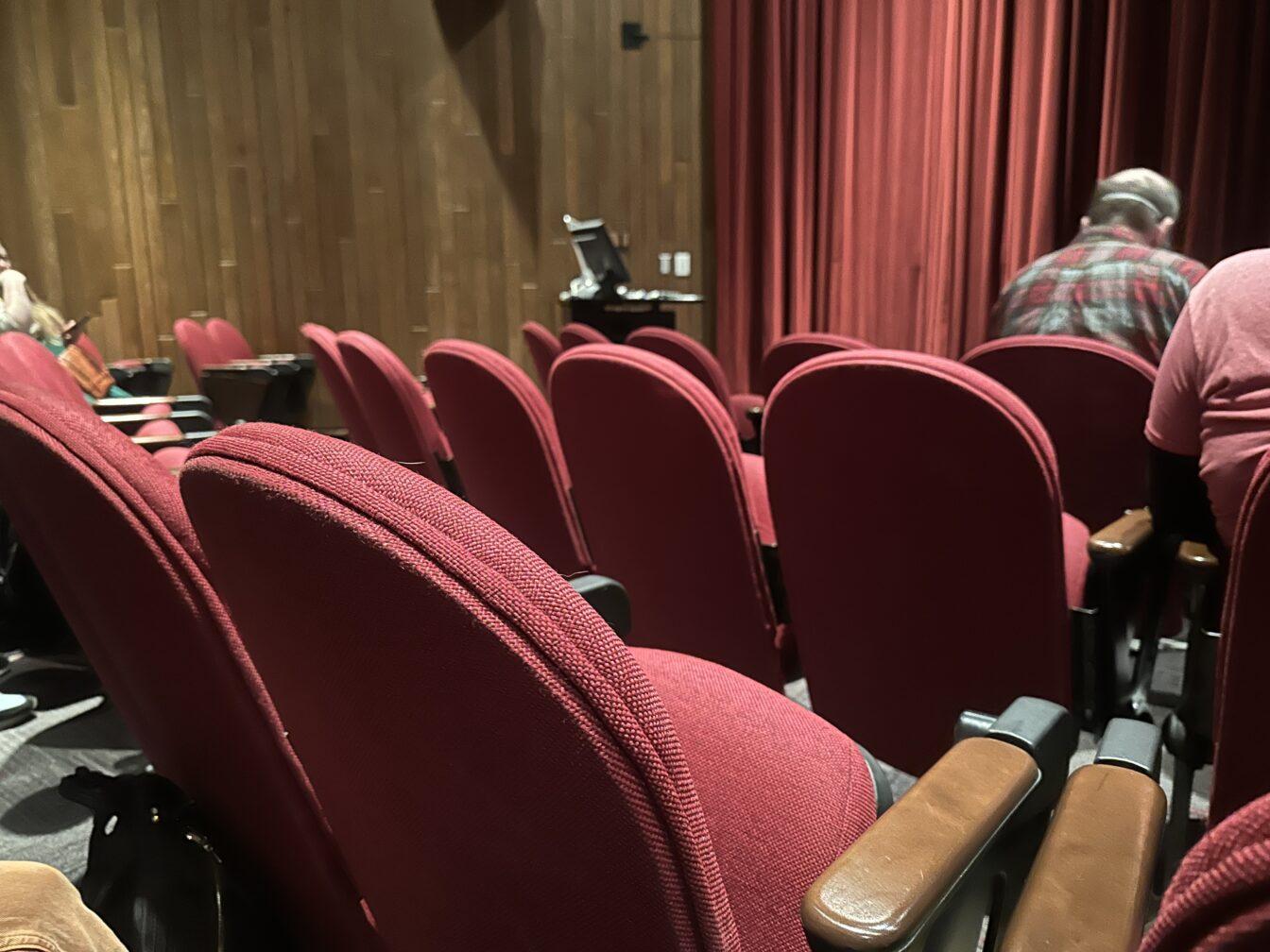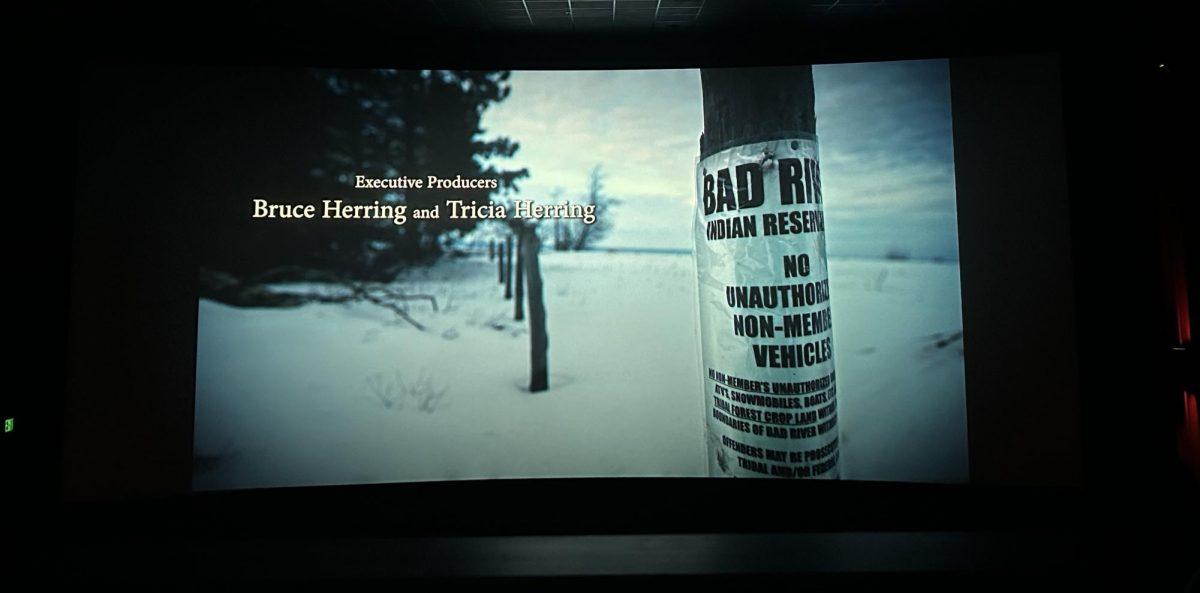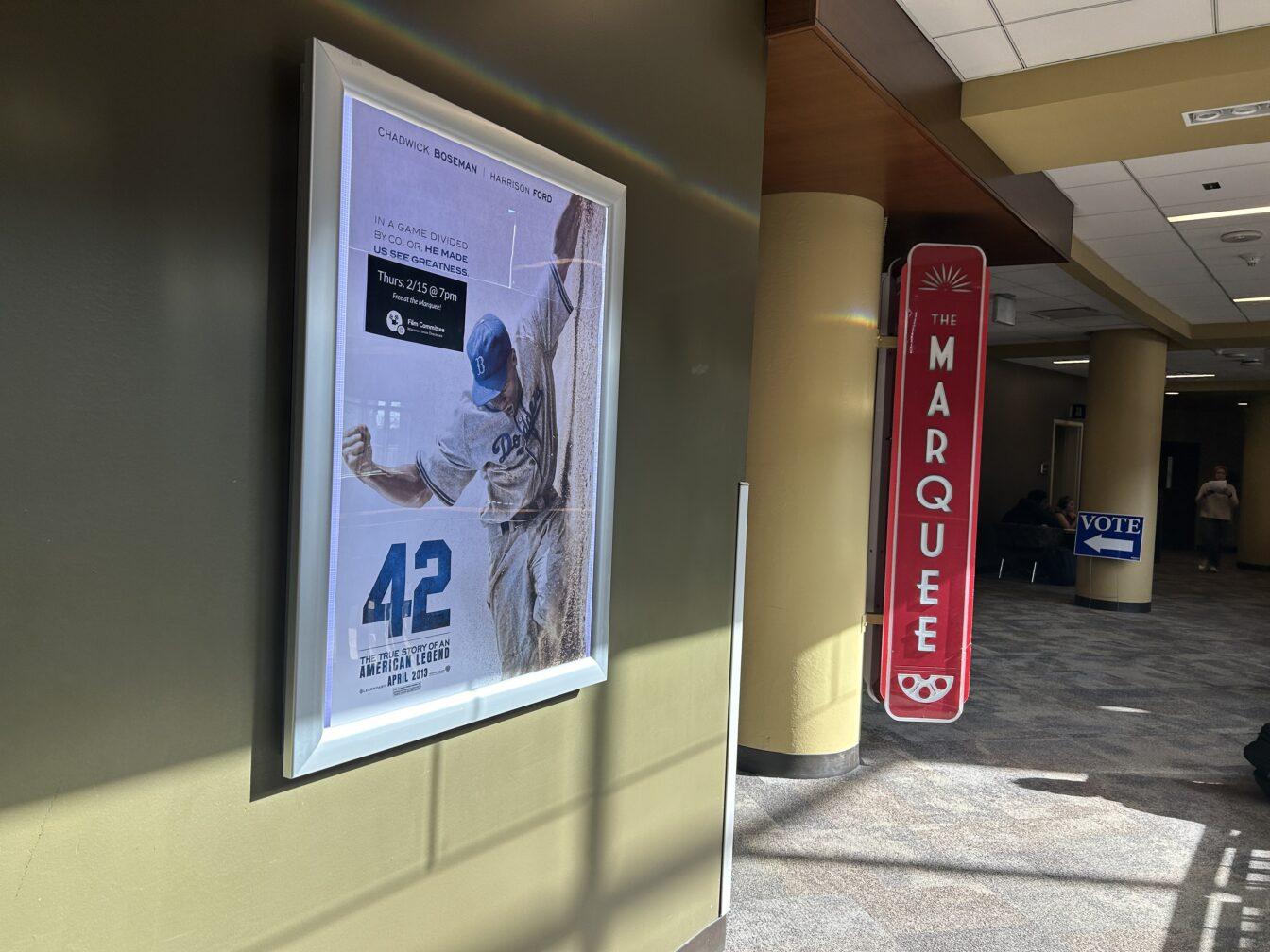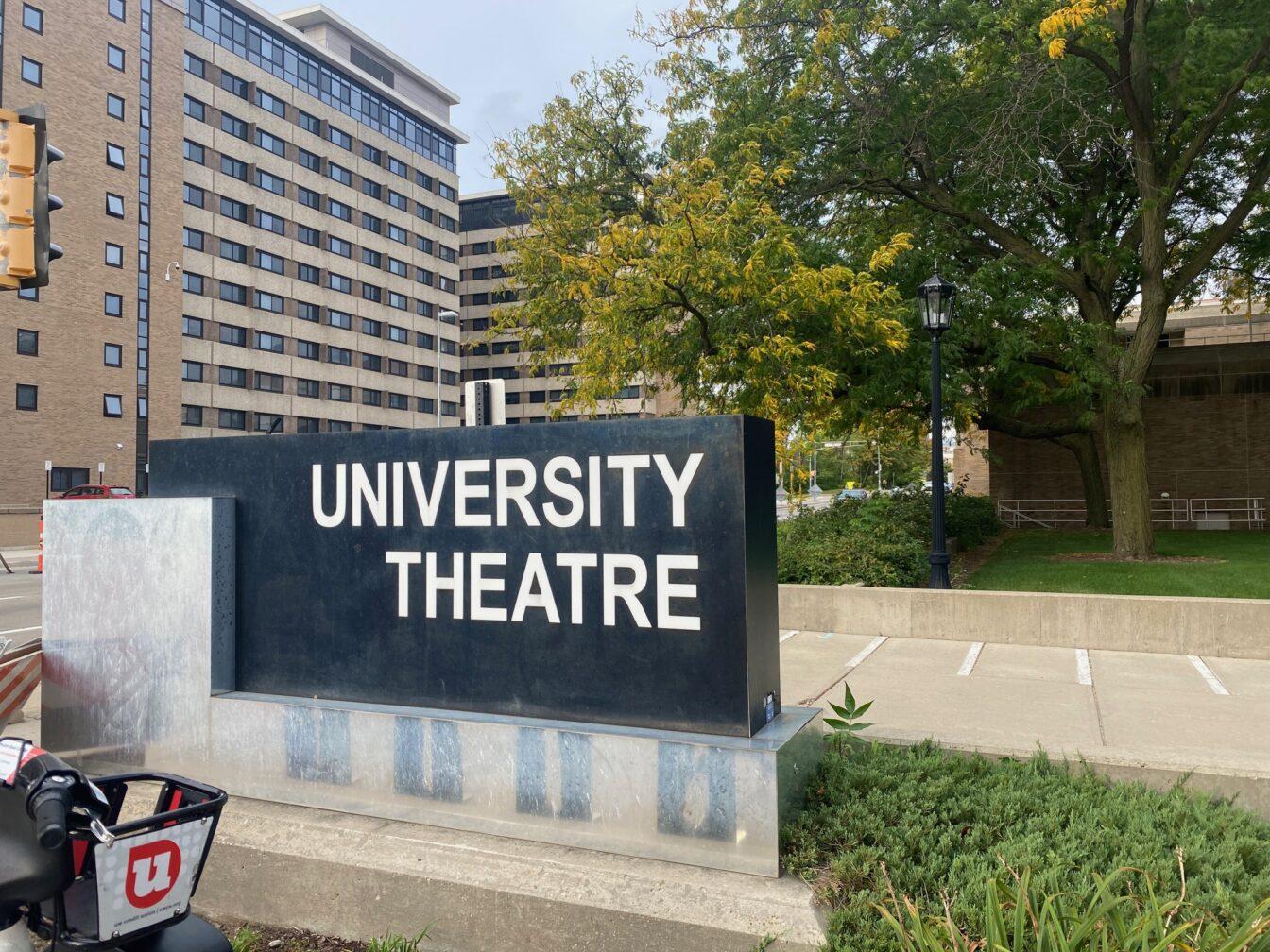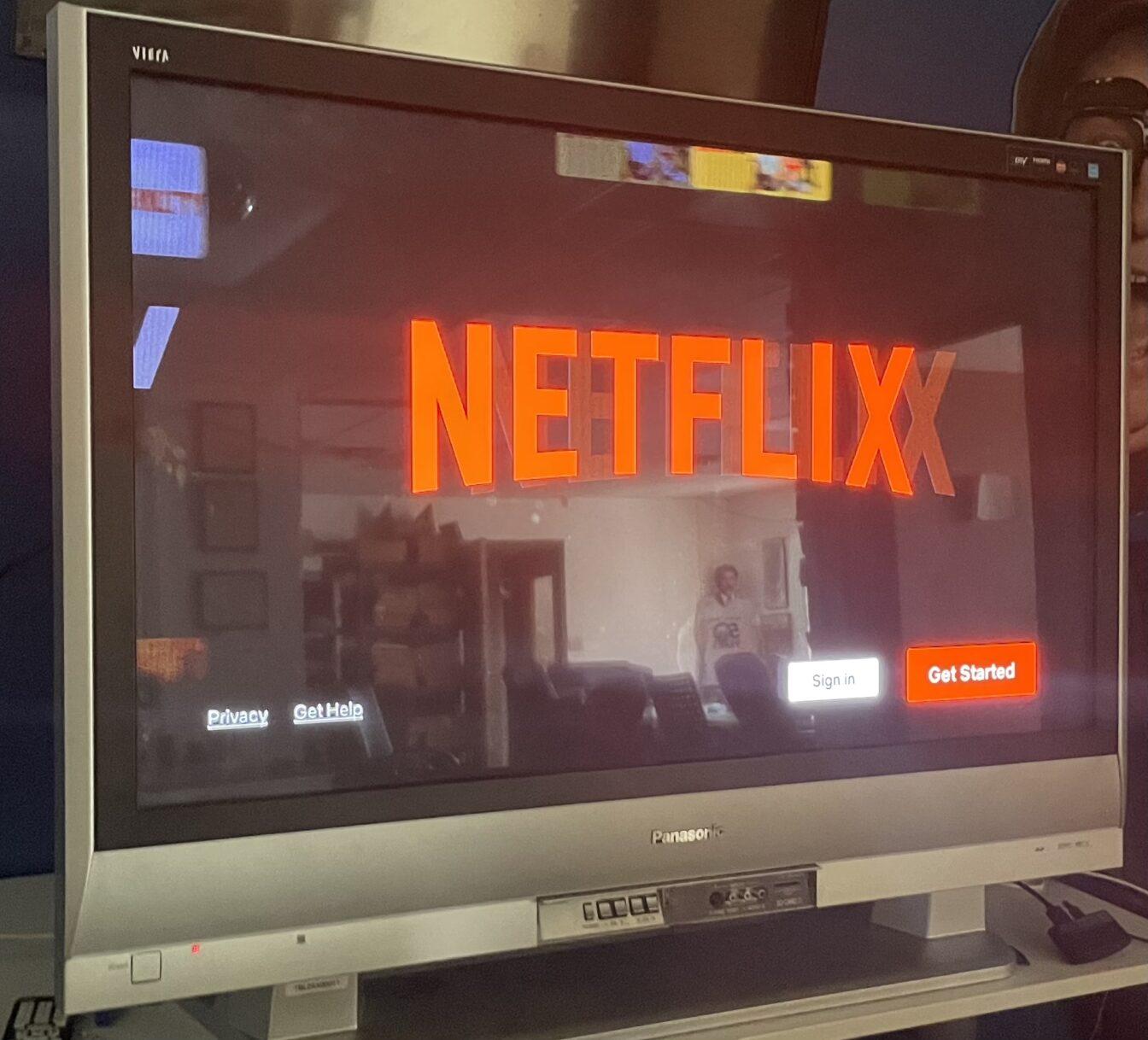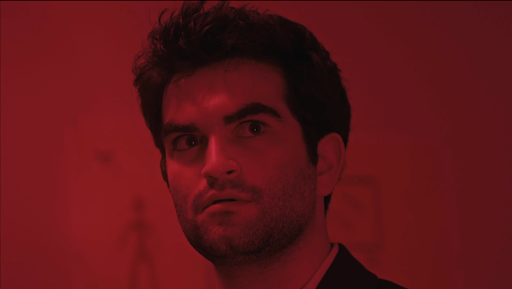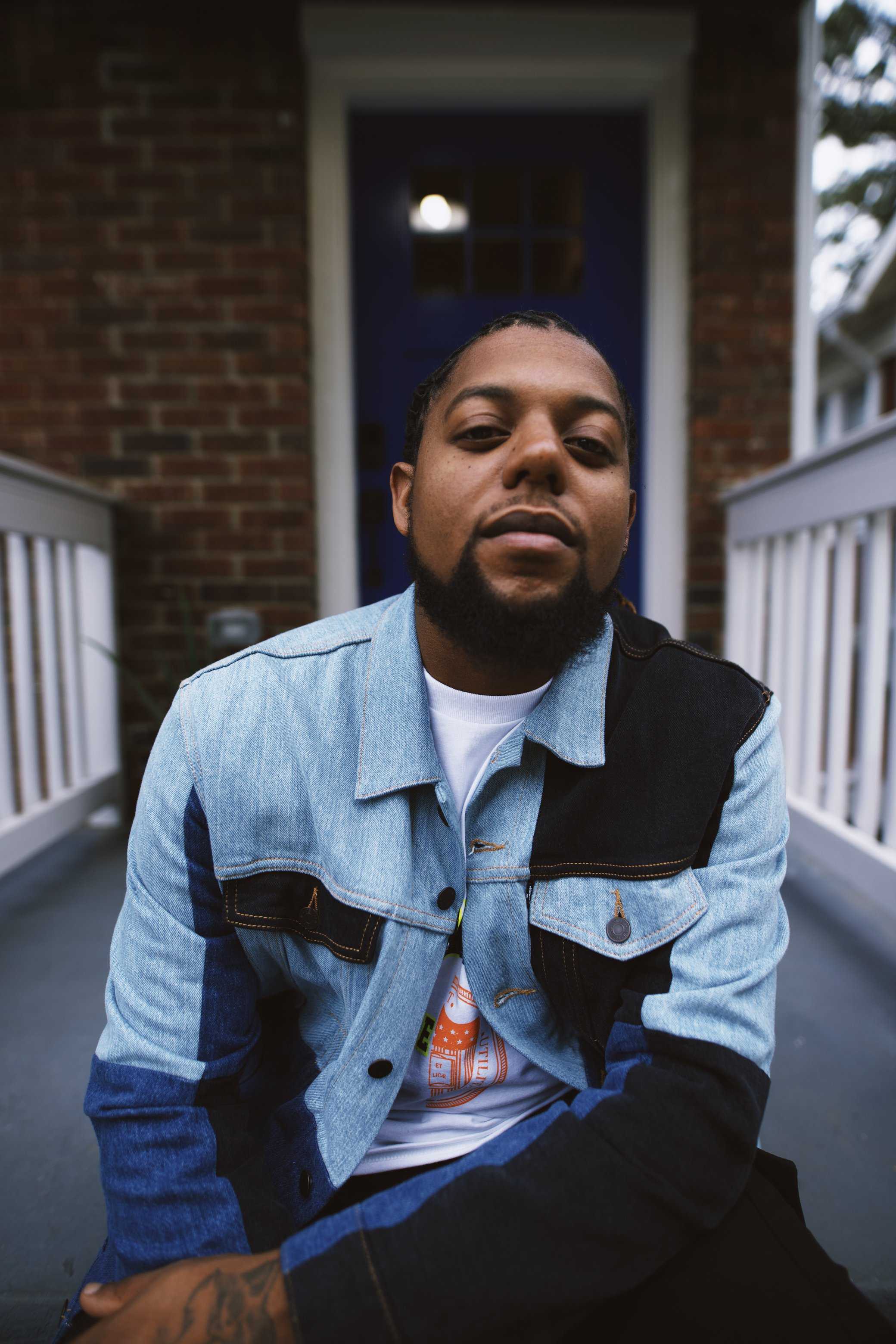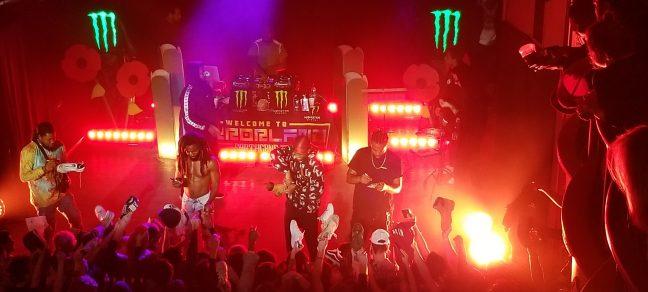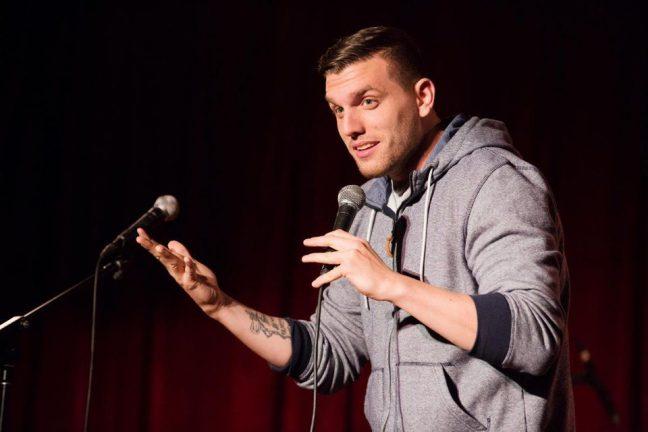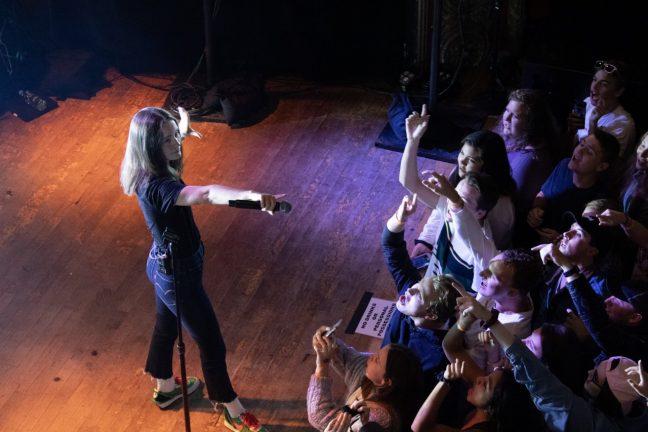Films featuring LGBT lead characters have been portraying coming-out stories for a long time. With recent attention through campaigns like the It Gets Better Project being paid to those choosing to end their lives to escape social stigma, it’s more important than ever to express the struggles the queer-identified must go through before it does, in fact, get better. “Pariah” tells the story of a brave woman who makes the pain-filled journey out into the open.
“Pariah” focuses on Alike (Adepero Oduye, TV’s “Louie”), a lesbian-identified high school student trying to figure out how to embrace herself while having to pretend to be straight at home. She sneaks out to strip clubs in her Brooklyn neighborhood at night wearing boys’ clothes with her only friend, Laura (Pernell Walker, in her feature-length debut). Laura acts as a mentor for Alike, showing her a life without an overbearing family. But both support the other in unique ways. While Alike is guided through a life she aspires to have, Laura struggles with studying for her GED and relies on Alike to act as a maternal figure.
The relationship between Alike and her parents is stretched. Her father (Charles Parnell, “Mississippi Damned”), a police officer who makes excuses to not be home, is Alike’s only comfort from her overbearing mother (Kim Wayans, “Dance Flick”), who wants her to be an ideal example of a straight woman.
The film opens with Alike and her parents at a crossroads. Both Alike’s mother and father already suspect their oldest daughter is living a double life. While her very traditional mother wants to deny Alike’s orientation, her father, while not accepting, prefers to see Alike’s character instead of putting up with rumors.
Alike struggles with attraction and affection in her straight-dominated neighborhood. While the adult clubs allow her to indulge her inner longings, she is forced to fit in at these clubs through her socially binding clothes. She finds relief with an unexpected friend, Bina (Aasha Davis, “South of Nowhere”), who grows close to Alike both physically and psychologically. Their relationship changes rapidly as Alike begins to think she’s finally found someone she can truly be happy with.
Dialogue between characters feels natural, though sometimes-corny lines are used to keep “Pariah” simple and easy to identify with. Oduye plays Alike as shy but hopeful, and not scared to follow her instincts. As Alike blooms halfway through the movie, Oduye shines in every scene. Alike’s family is broken; they are barely holding on and often can’t stand being in the same room together for too long. The hate in Alike’s mother’s eyes for her husband and Alike’s father’s concern for the future feel very real.
“Pariah” has too much going on for its short 86-minute runtime. Several arcs span the film in the form of snapshots of Alike’s tale, yet many are too disconnected despite relying heavily on each other. The snapshots develop into an obvious story progression following Alike’s struggles with her parents and friends, but the thread doesn’t feel fully developed. “Pariah’s” conclusion feeds off a few of these snapshots, but it is abrupt and doesn’t convey messages writer/director Dee Rees (“Eventual Soul”) could have made more prominent.
Many aspects of Alike’s life in high school are commented on, but never drawn out to a fulfilling level. For example, her skills as a writer are touched upon early in the film only to be used at the very end as plot device. So much could have gone into making “Pariah” more robust, but seemingly important details are instead mentioned as if in passing.
While structural flaws persist throughout “Pariah,” the film succeeds at showing the struggle of queer identified people in unfriendly environments. Stigma runs rampant through Alike’s neighborhood, often popping up in the form of disapproving stares or comments. Alike must battle cultural pressures she’s burdened with every day. She just wants to find a girlfriend, both in order to fit in socially and to fill a hole in her heart. But Alike’s challenge to find a stable, loving relationship personifies universal longings people of all orientations can identify with.
However, Alike finds there is much more to look for in herself than what can be found in someone else.
With its gripping yet poorly constructed story, “Pariah” is held up by genuine, natural acting and a message that inspires hope for anyone on a path of self-discovery, no matter who they are.
3.5 stars out of 5










